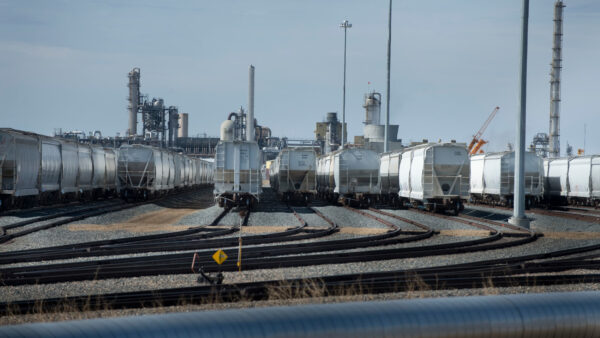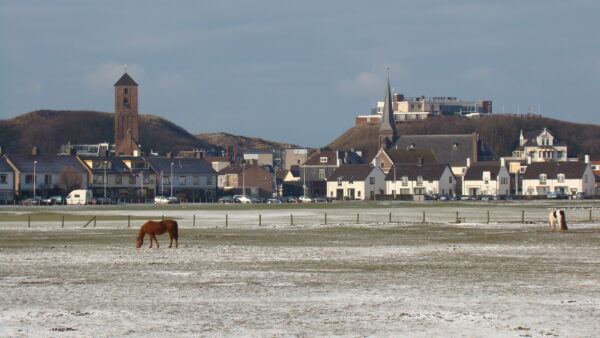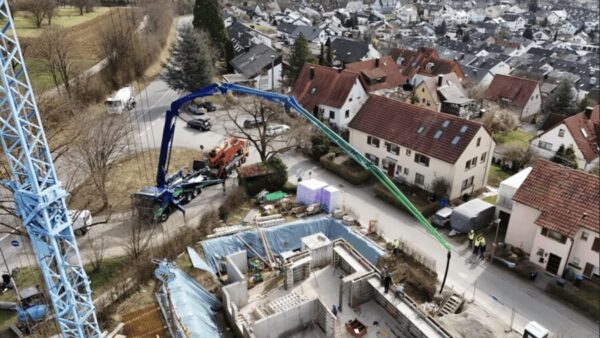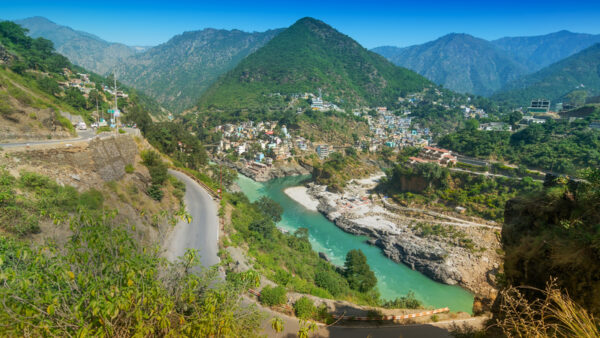South Africa’s Standard Bank, which was to have been a financier of the $3.5bn East African Crude Oil Pipeline (Eacop), has announced that it is suspending support while it waits for the outcome of an environmental and social impact study.
The bank told Uganda’s Daily Monitor newspaper that its fossil fuels financing policy set out stringent conditions for lending to fossil fuel projects, including requiring project owners to commit to minimising or reducing greenhouse gas emissions.
The decision follows the publication of an open letter written by 263 NGOs and sent to 25 banks to ask them not to finance Eacop on the grounds that it will violate the rights of local communities and will have an unacceptable environmental impact.
The 13-page letter, which can be downloaded here, was aimed at the three banks that are acting as financial advisers to the project. As well as Standard Bank, these are Sumitomo Mitsui of Japan and the Industrial and Commercial Bank of China.
It was also sent to 22 banks that have been involved in financing other projects undertaken by the developers of Eacop: France’s Total and China National Offshore Oil Corporation. These included Credit Agricole, Société Général, JPMorgan Chase, MUFG, Standard Chartered, HSBC and Mizuho.
The 1,445km crude oil pipeline from Hoima in Uganda to the port of Tanga in Tanzania would, if completed, be the longest heated crude oil pipeline in the world.
The letter claimed that 14,000 households would lose land if the pipeline followed the proposed route. It added that the line posed threats to water resources in the Lake Victoria basin and biodiversity areas such as the Murchison Falls-Albert Delta Wetland System.
The NGOs also said the project would fuel climate change by enabling the emissions of over 34 million tonnes of C02 a year.
Among the lead signatories were Friends of the Earth International, 350.org, the Catholic Agency for Overseas Development, Reclaim Finance, Sierra Club, Global Witness, the IUCN National Committee of the Netherlands, BankTrack, the Africa Institute for Energy Governance and Inclusive Development International.
The letter is timed to coincide with the signing of a final investment decision (FID) on the pipeline. The government of Uganda regards the project as essential for the exploitation of its 2.2 billion barrels of recoverable oil, while Tanzania sees it as a potential source of cheap energy.
Robert Kasande, permanent secretary in the Ministry of Energy, told the Reuters news agency in February: “We expect construction of the pipeline to start shortly after we have finalised FIDs, and we expect to conclude the FIDs by the end of March. We are in the final stages of negotiating a shareholders’ agreement.”
If it does go ahead as planned, the pipeline is expected to take three years to complete.
Image: The pipeline will cross the Lake Victoria basin, which has a population of 40 million people (Brian Flaigmore/Dreamstime)
Further reading:










